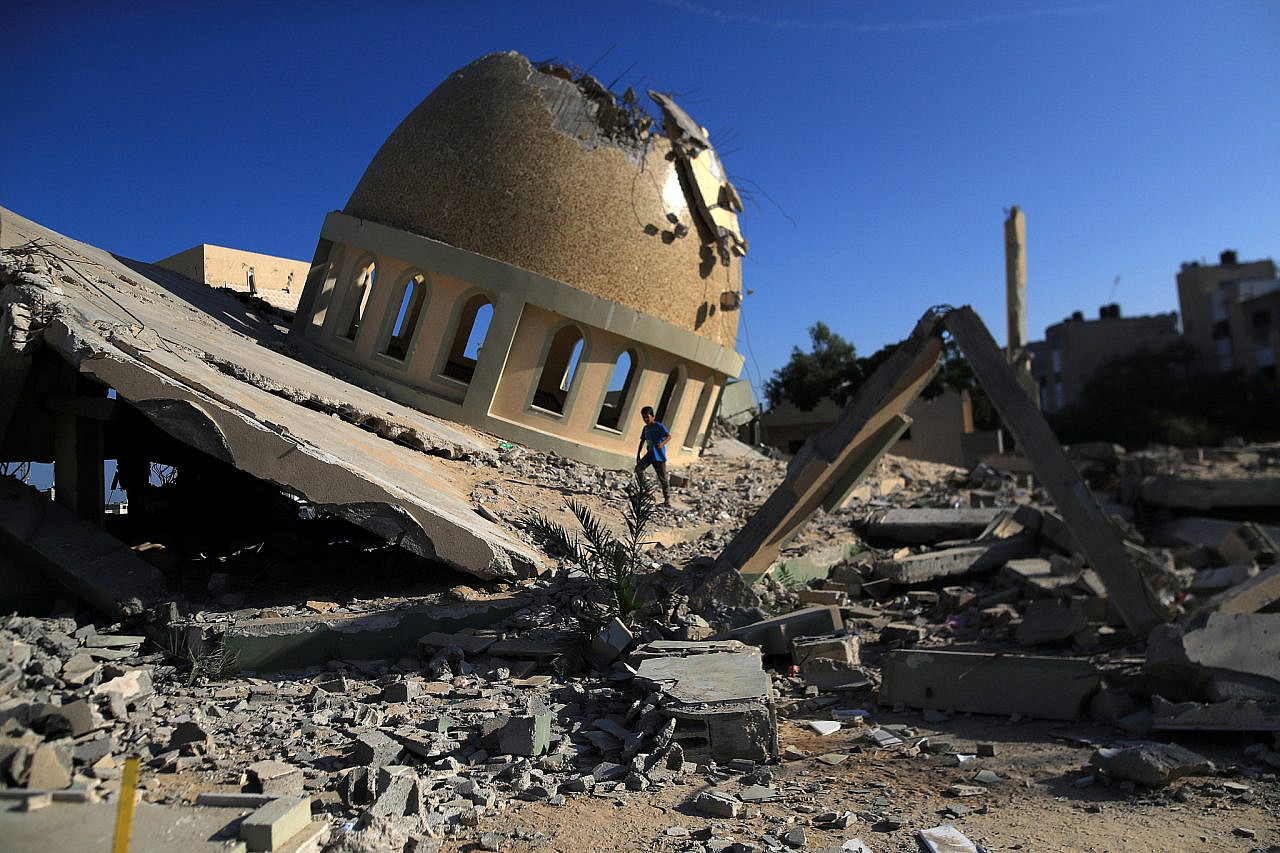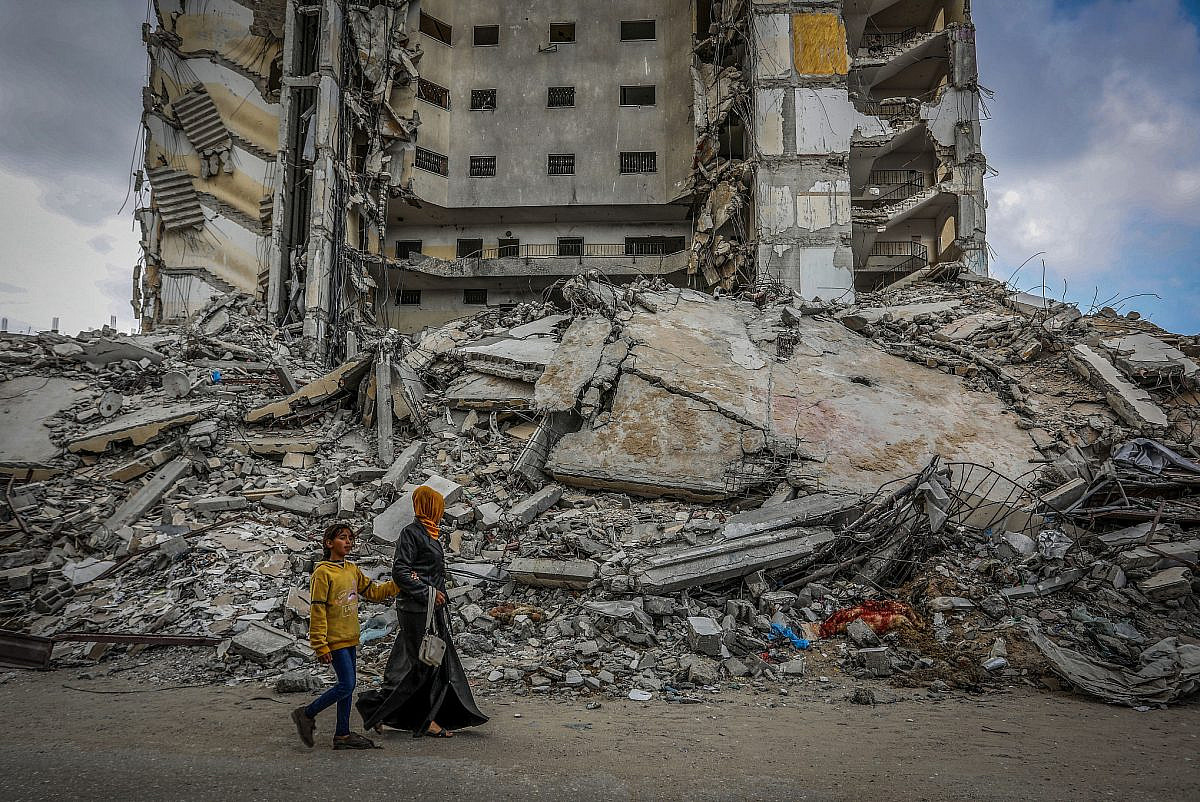Six months have passed since Israel’s cruel war on the Gaza Strip began, and my life became one continuous nightmare. Six months with virtually no access to electricity or water. Six months without knowing what happened to countless family members, friends, and colleagues. I long for the daily routine and moments of calm that we used to complain about. For just one hour of that boring normality.
We have run out of energy and our bodies can no longer bear it. The sounds of explosions do not stop. I have grown afraid of the sound of a speeding car, or anything that resembles the terrifying noise of a falling missile. Our house in Khan Younis is constantly shaking, and the doors make a banging sound as if someone is hitting them repeatedly with their fists.
I have given up on looking for any glimmer of hope that the war will stop and this pain will end. I stopped watching the news recently for fear of seeing scenes that make me feel even more afraid and restless at night. I don’t want to know anything about the ceasefire and hostage exchange negotiations because I’m starting to feel that there’s no point to any of this.
The past month of Ramadan has added to our difficulties. Ramadan used to mean moments of religious devotion, family visits, going out in the evening to the markets, buying clothes for Eid, and hearing the sounds of the call to prayer from the mosques. But those mosques, markets, and shops no longer exist.
Every day, we search for food with which to break our fast at night, and wonder whether we will find anything at a reasonable price. We miss sweets a lot these days, as well as the special Ramadan drinks. We also miss the decorations that used to light up the house during this holy month. My father put them up this year without saying anything, to try to make us feel some vestige of those beautiful days that we remember so fondly. But the decorations are not illuminated, because there is no electricity.

Being unable to communicate with friends and colleagues has been painful, but it at least shielded me from knowing what happened to many of them. Two weeks ago, a local communications crew succeeded in repairing the transmission tower next to us, and I learned a lot of bad news.
My colleague, Bayan, a music teacher, lost her 5-year-old daughter, Naya. Bayan had escaped from Beit Hanoun in the north to Al-Mawasi in the south with her two children, Layan and Naya. In late December, the family were bombed: Bayan was injured, and Naya was killed when three pieces of shrapnel were lodged in her body in dangerous areas, including near her heart and liver.
Another colleague, Jawaher, called me in floods of tears a few days ago to tell me that her 25-year-old son, Walid, had been killed. He went into the city of Khan Younis to sell okra on the streets and never returned, and Jawaher was later informed that he had been martyred. She told me that her heart was burning, but she was trying to be patient and strong. She said she regretted leaving her home in Al-Bureij camp in central Gaza to flee from the Israeli tanks: she thought they would escape death, but couldn’t have known that death was waiting for them in the south.
Although we live in constant fear of Israeli attacks, and are terrified that the army will carry out its plan of invading Gaza’s southernmost city of Rafah, our greatest fear and anxiety is for the future of Gaza. There is nothing that gives us hope that the future will be better.
Most read on +972
I wonder about my life after the war. What will become of Gaza? Will we go back to work? Will our friends and colleagues stay here or will they try to start a new life elsewhere? How will Gaza be rebuilt? Is the destruction too great? How long will it take? Will we live the rest of our lives without education and healthcare? How will we get used to life without the places we love and are accustomed to?
Thinking about life before and after the war makes me crazy sometimes. My heart hurts a lot and I feel like I will burst into tears. I don’t know how I will be strong enough to bear all of this. Even as I write these words, the sound of explosions is ever-present. The house has not stopped shaking. The front door is almost out of place.
I pray that the war will end so that we can think about what comes next, and have the energy to contend with the new suffering that awaits us in getting used to life in a devastated, ruined Gaza.




